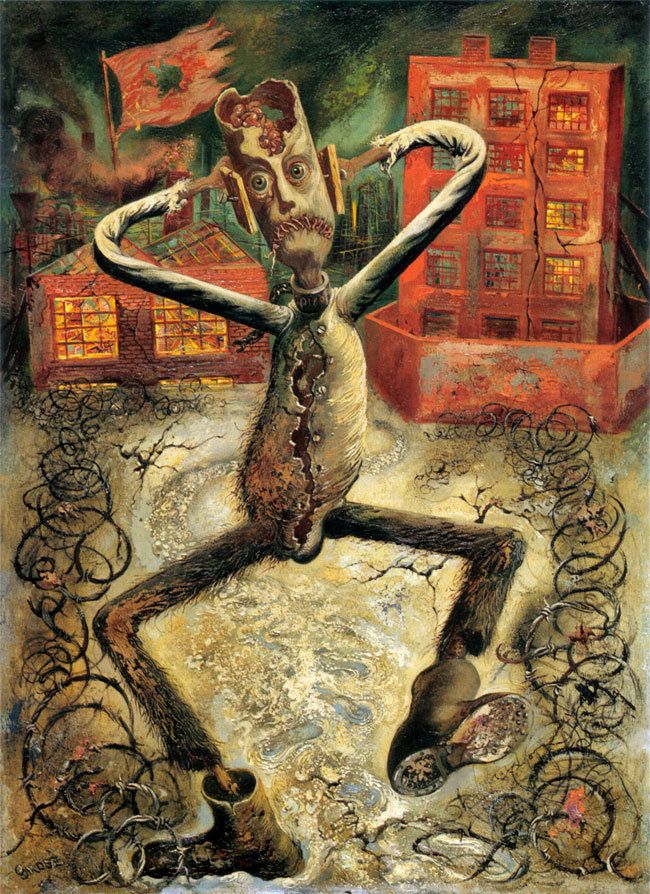A short story that offers a window into a life lived both hard and fast, with a message to savor every moment of existence…

by: Patrick D. Hahn
I read an article recently in Discover magazine about scientists efforts to prolong life which caused me to think of my Uncle Walter, simply because he was the absolute antithesis of the ideas presented therein.
My Uncle Walter married my Aunt Nancy, my mother’s sister, when I was a little boy. He had grown up amid crushing poverty, back when being poor didn’t mean you couldn’t afford an xBox, it meant you couldn’t afford food. When things became too difficult, he would go to a café and ask a sympathetic waitress to bring him a glass of hot water. He would then add ketchup to it to make “tomato soup.” This sparse diet may have something to do with the fact that his adult height never exceeded five foot one.
The United States Army was Uncle Walter’s avenue of escape. He dropped out of school and enlisted at the age of seventeen. His tour of duty was almost up when there was little incident at Pearl Harbor. Uncle Walter ended up staying in the Army for over five years.
Once, they dumped him and three of his buddies on an ammo barge and then forgot about them, leaving the four soldiers stranded for three days with no food, water, or shade. They rigged up a makeshift shelter to escape the tropical sun, but it was so tiny that only one man could sit under it at a time. They could have swam for it, but the sharks would have taken care of them before they reached the shore. To add to the excitement, the Japanese warplanes were circling overhead constantly. One spark and they all would have been blown to bits. Thankfully, Uncle Walter survived that hellish ordeal. Another time he had a load of shrapnel blown into him. He survived that, too.
I think that having stared death in the face at such a young age left a lasting mark on Uncle Walter. He certainly didn’t seem to regard death as an enemy to be vanquished. Instead he smoked like a chimney, drank like a fish, ate whatever he wanted, and never exercised.
Like millions in his generation, Uncle Walter gave up the religious faith of his forefathers as soon as he reached adulthood. He had some hair-raising stories about the sadistic nuns who taught him when he was a little boy, but I don’t really know what his metaphysical views were. I do know that he once told the Jehovah’s Witness who came to his door, “Look – The Man Upstairs – I wanna have a talk with him. I have a talk with him. If he listen, he listen. If he don’t, he don’t.”
After the war, Uncle Walter returned to the United States, married, and fathered four children. That marriage ended in divorce. He remarried, and his second wife died of cancer. He married Aunt Nancy when he was just past forty, and they stayed together until death did them part.
More than a decade after they were married, Aunt Nancy went back to school part-time and became a registered nurse at the age of fifty. Uncle Walter became a parking garage attendant at the hospital where she worked so they could go to and from work together. They loved the hell out of each other. We were always happy to see them, for no particular reason other than they were always happy to see us.
Uncle Walter’s relations with his own family were not so felicitous. I believe he was estranged from his own children for most of his life. I know that both of his sons were war heroes in Vietnam. The older one came home and had a successful career, while the younger one spiraled into addiction and homelessness before ending his life at the age of thirty-three.
After Walter died from complications from emphysema, there was some funny business about the title to the house Aunt Nancy owned when she married him, and which by then was worth a fortune. His home was situated on waterfront property fifteen minutes from downtown Boston. The developers didn’t even want the house, they just wanted the land, so they could knock down the house and put up a McMansion in its place. I won’t go into the details, but suffice it to say that some people committed acts which today would land them in jail for elder abuse. The upshot was that Aunt Nancy was able to live in the house until the end of her life. Unfortunately when she died, those of us on her side of the family saw very little of the money.
So I had to chuckle when I read that Discover article. I know that we are all supposed to pretend that we are going to live forever, that death is this rare and preventable anomaly, but you know something — I think hanging in there until sixty-five was enough for Uncle Walter. He’d seen a lot of this world, both the good and the bad, and I think he was just ready to meet The Man Upstairs.
Patrick D Hahn is the author of Madness and Genetic Determinism: Is Mental Illness in Our Genes?, published by Palgrave Macmillan.





